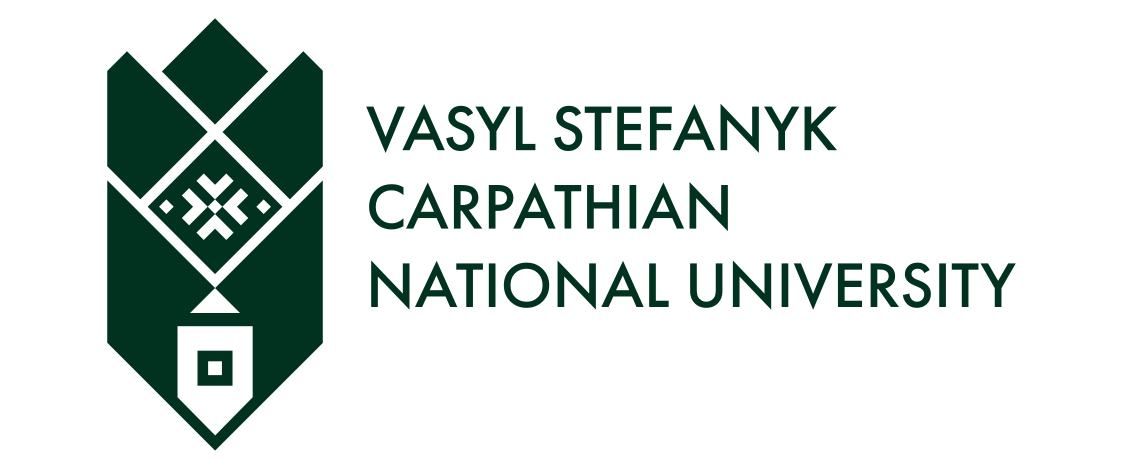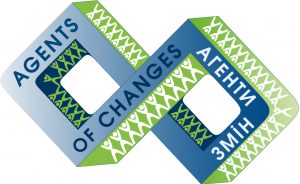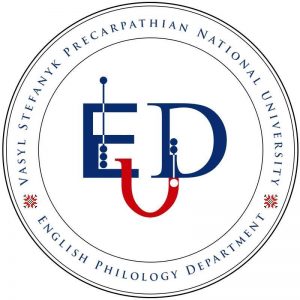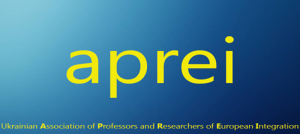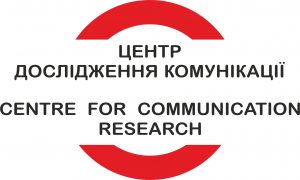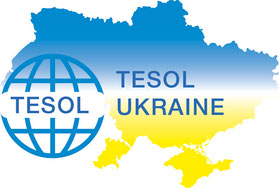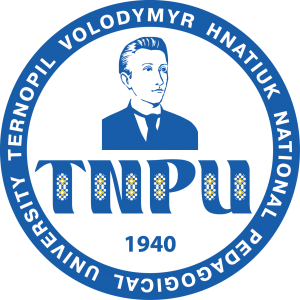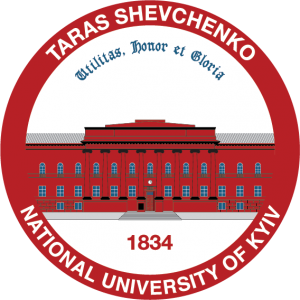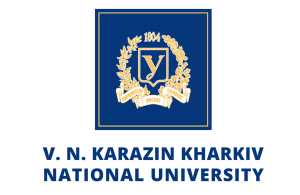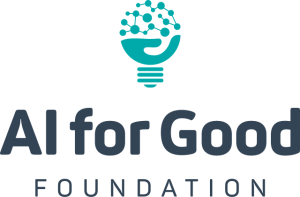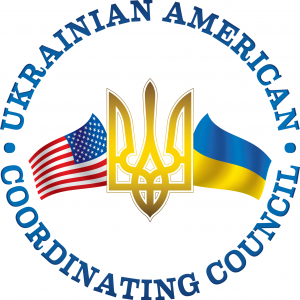SEVIC 2026
THE 4TH VIRTUAL INTERNATIONAL
SMART CONFERENCE
ON SUSTAINABLE EDUCATION
January 01, 2026 – December 31, 2026
Welcome!
Since education underpins all the spheres of our life, the achievement of the desired SDGs seems to be impossible without raising good critical thinkers and skillful agents of sustainable future. Our Mission is to unite all the interested parties in their striving to facilitate pursuing the SDGs through the transformation and modernization of the education system, that will consequently support learners of all ages to be active contributors to more peaceful and sustainable societies and develop a sense of responsibility for our planet.
SEVIC 2026 encourages scholars and practitioners to meet and exchange ideas and views in the Virtual International Smart Conference format, stimulating respectful dialogue and affording an exceptional opportunity for renewing old acquaintances, making new contacts, networking, and facilitating partnerships across national and disciplinary borders.
We focus our attention on three boosters of the human educational and developmental process:

Family Push
The unspoiled minds get much from their parents. The closest people have quite a great educational potential.

State-Granted Education
The educational system offers great opportunities through the destinations variability and exquisite facilitating power.

Self-Development Ambitions
It’s up to us to decide where to stop. Why stopping? Let’s move further!
A Smart Concept for Higher Efficiency
The Smart Conference framework offers the following benefits:
Benefit 1
- Unprecedented Timing Flexibility --
multiple events are scattered within a year beating a tiresome and time consuming 2-3 days format
-
the Conference events are arranged during the late afternoon and early evening (EET; morning in the USA and Canada)
-
the Conference events have quite a moderate discussion-oriented timing
Benefit 2
- Exceptional Productivity --
a unique opportunity to communicate with the most requested and busy speakers and experts in the field
-
the diverse Conference events form a good platform for bringing together numerous stakeholders
-
the Conference events have a remarkable potential of promoting cooperation through active participation
Benefit 3
- Distinctive Impact --
effective domestic and global promotion of successful sustainability cases in academic and non-academic circles
-
efficient networking and productive international cooperation in the field
-
the Conference events recordings are available on the Conference website as well as on the related YouTube channel

Why participate?
- Keeping pace with the constantly changing world.
- Efficient networking and strengthening professional ties.
- Promising collaboration with like-minded experts in the field.
- Asking questions to at least 8 notable Keynote Speakers addressing ESD.
- Certified participation in at least 2 Webinars/Roundtables.
- Certified participation in the Conference Live Sessions (oral and poster presentations).
- Publishing an abstract in the Conference Book of Abstracts (only for oral and poster presentations).
- Publishing a paper in an open-access Scopus/WoS Journal with a 100% article publishing charge (APC) waiver.
Sustainability Hub
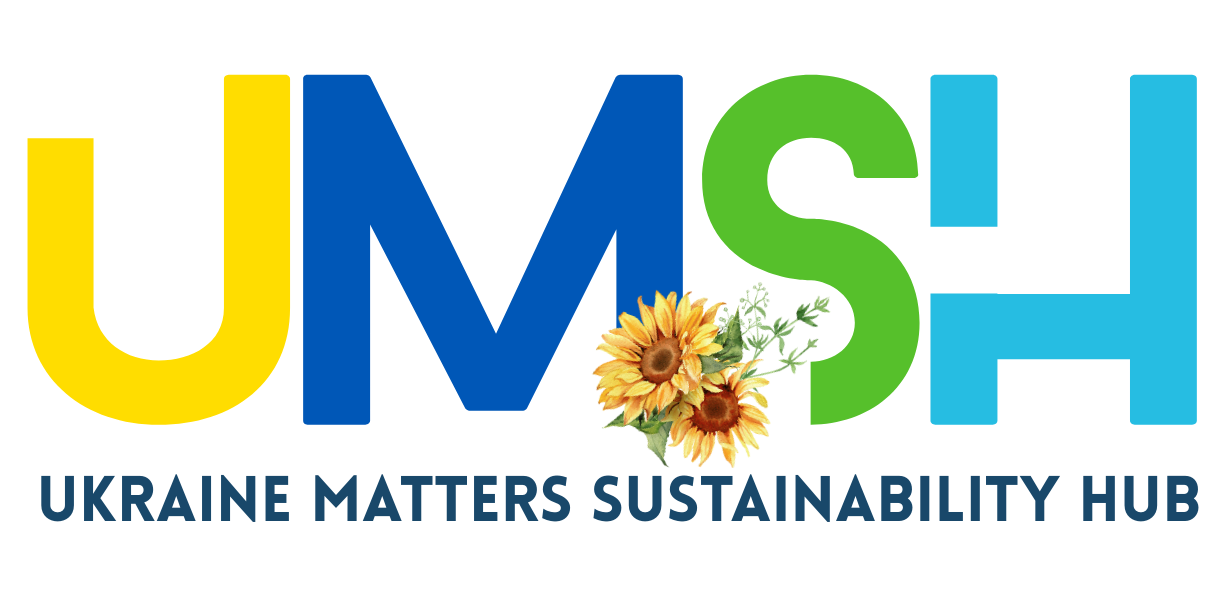
The Conference is organized under the umbrella of the Ukraine Matters Sustainability Hub (UMSH), which is a platform that convenes global experts, policymakers, investors, and educators to advance sustainable recovery, resilience, and long-term development in Ukraine through research, dialogue, and action.
In addition, the Hub operates across three interrelated domains:

Research & Publishing Support
Microgrants, editing support, conference travel support, dissemination, etc.
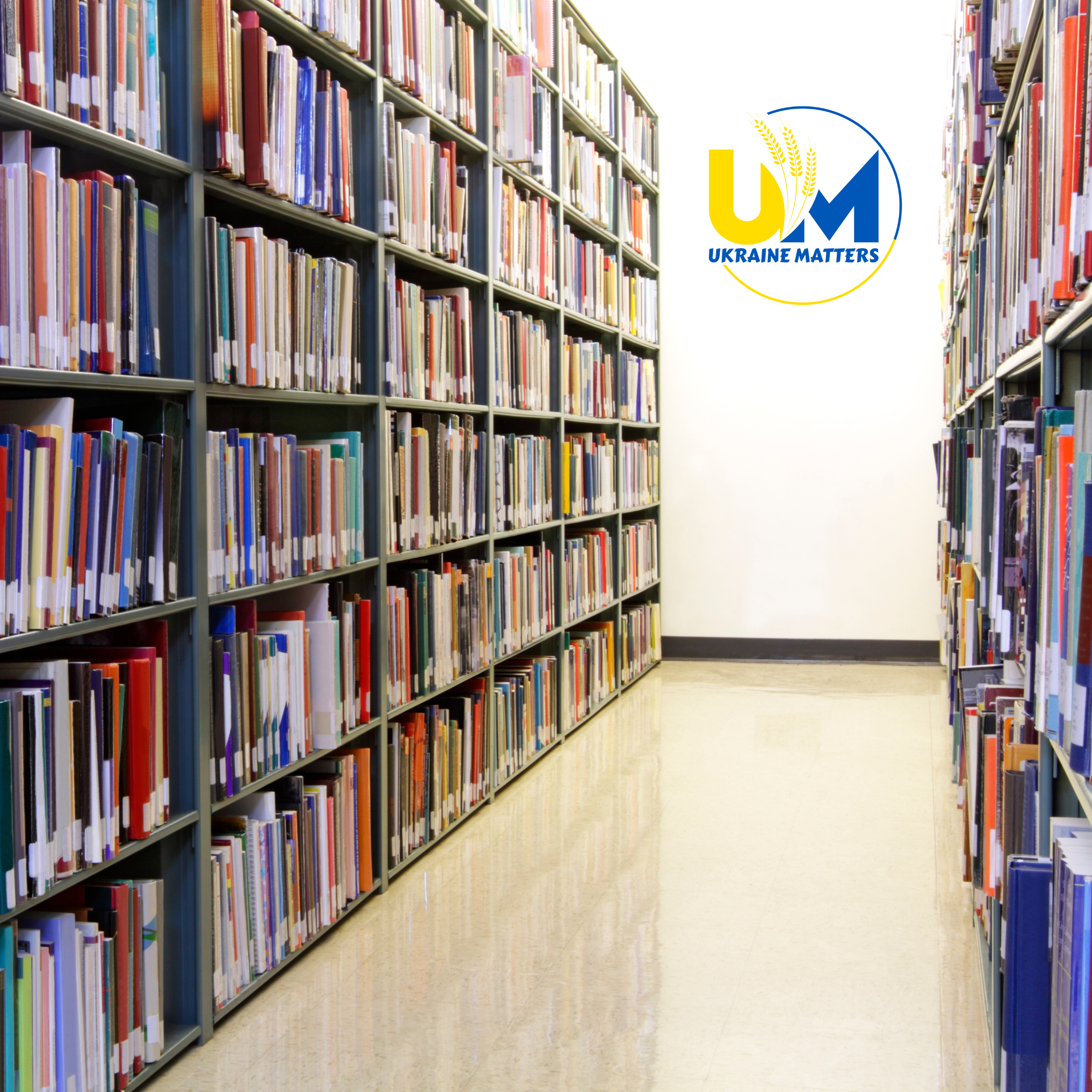
Scholarships & Academic Mobility
Pathways for scholars and students, including UC Berkeley and Stanford University linkages

Innovation-to-Impact Labs
Roundtables, policy briefs, pilot-ready partnerships, etc.


